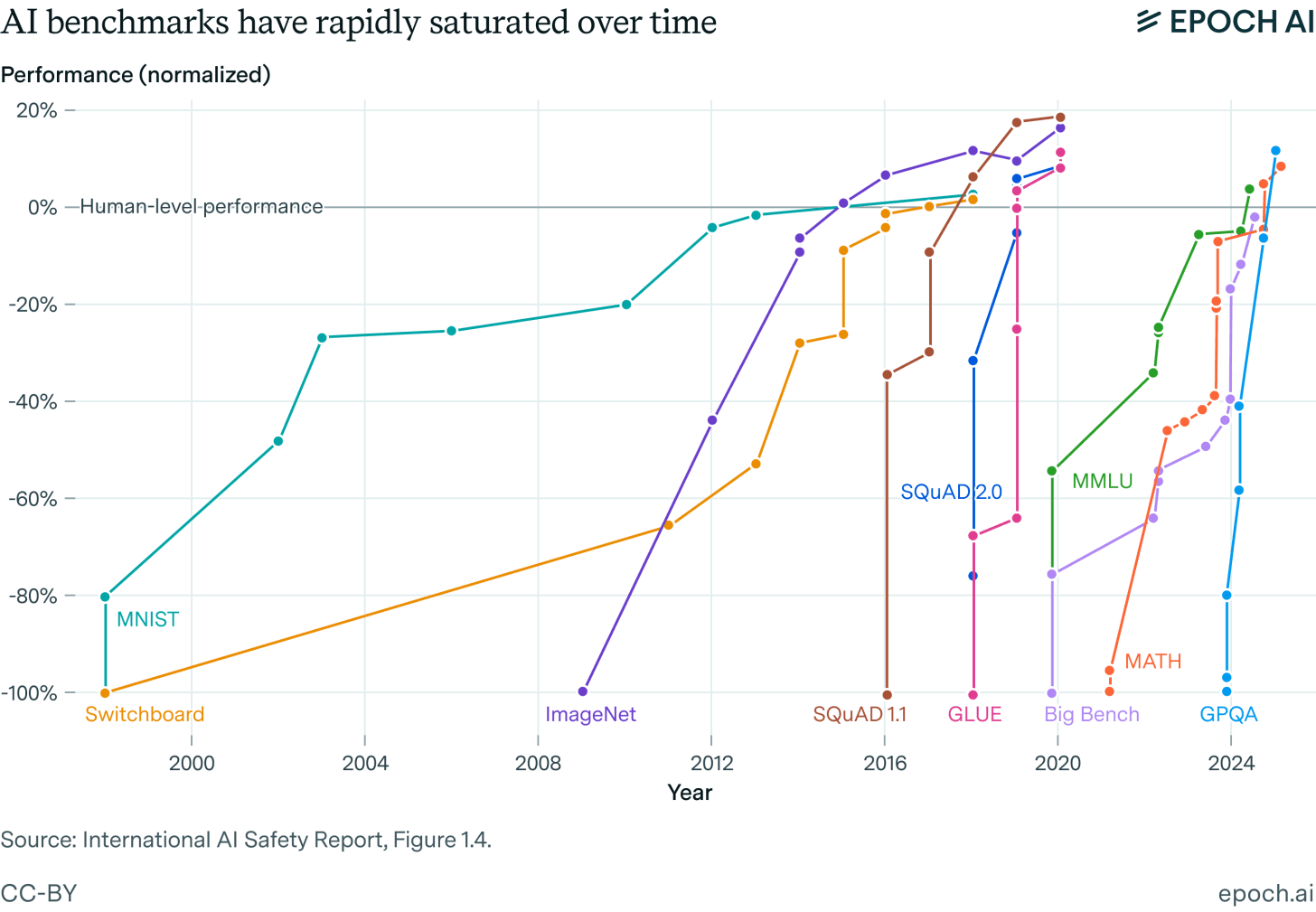Sleep need reduction therapies
EDIT: the funding proposal I mentioned at the end is out! See here for more. None of this is medical advice. 5 AM on a Saturday and I can’t go back to sleep. It’s not the first time, so I get up to write, I might as well use the time I’m given. My hangover is to blame, even a little alcohol the night before changes my sleep cycle. You’d think it would ruin my day, but in some ways I feel better. I’m more alert, more anxious, more motivated. It’s like being more alive. Being more awake for only one day has me asking questions. Why did sleep evolve? Can we sleep less? Why did sleep evolve? Sleep evolved for temporal niches Imagine you’re a Zebra. You need to eat a lot of grass to maintain your metabolism. To do so, you need to look around to find the best grasses. You also need to be able to see if predators are nearby, particularly if you’re going to forage away from the herd. Both of these things are easier to do in the full light of day, so you do most of your foraging during the day. Shouldn't you also forage during the night to get more calories? Probably not. The low light means that it’s harder to forage and easier for predators to sneak up on you. Cooler night temperatures and the energy cost of foraging means you’re actively losing calories. You’re better off snuggling with the pack until the sun returns.[1] You can further take advantage of this habit with adaptations that work better during the day. Why are you asleep right now?! The broader thesis is that sleep evolved to save energy during periods when animals are less effective at getting calories. This allows them to evolve a bunch of adaptations for that particular time period rather than maintain adaptations for all time periods. This fits with many of observations about animals and sleep: 1. To save on thermoregulation in hot climates, warm-blooded animals are more active during the night.[2] By the same token, warm-blooded animals in cold regions are more active during the day. Cold-blo

This is interesting! I think it would be worthwhile to check the robustness of your conclusions by focusing on e.g. modular addition and trying larger/smaller models or changing the weight on the regularization term.
The spikes can be understood using centralizing flows, you may want to plot the top Hessian eigenvalues to clean the plot up:
https://centralflows.github.io/
Feedback on the plots: I would find them easier to read if training and validation were the same line. I.e. dashed lines at beginning for train, switches to solid lines for validation so you can see the full path of the model.
Some links you might find useful: https://www.lesswrong.com/posts/jusq6kyZ6XSrtW3Bf/paper-summary-omnigrok-grokking-beyond-algorithmic-data
https://openreview.net/pdf?id=9XFSbDPmdW